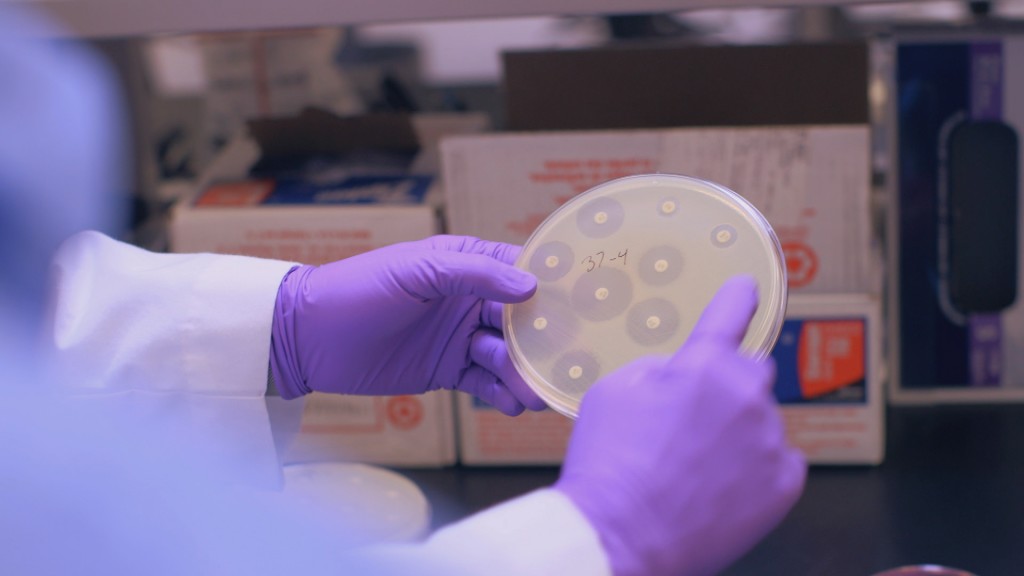New Report Details the Economic Costs of Superbug Threat

December 10, 2014
Share
Failing to fight antibiotic-resistant superbugs risks causing 10 million deaths annually and could cost the global economy up to $100 trillion by 2050, according to a report released Wednesday.
The report, from a group commissioned by British Prime Minister David Cameron to study the issue, is just the latest reminder of the growing threat posed by drug-resistant bacteria. A separate analysis released last week found such superbugs killed 58,000 Indian infants in 2013.
Bacteria naturally evolve to resist drugs, but they are evolving faster and faster due to the overuse of common antibiotics in humans and animals, including in medical treatment and on farms.
Most previous research has focused on the human costs of antibiotic resistance, but Wednesday’s report places a price tag on the threat.
The analysis, produced by the RAND Corporation, a public policy research organization, and the accounting firm KPMG, projects that unless antimicrobial resistance (AMR) is prioritized and defeated, an average of 10 million people will die every year by 2050.
Over that same period, the decrease in population, the report found, would reduce global GDP by as much as 3.5 percent, erasing between $60 trillion and $100 trillion in economic activity.
“This is likely to be an underestimate, as it excludes the indirect effects of AMR which could cast medicine back to the dark ages by making routine medical procedures far more dangerous through the higher risk of infection,” according to a statement detailing the report’s findings.
A World Health Organization report released earlier this year warned that the world is entering a period in which common infections will increasingly kill because drugs are no longer effective against them.
In the U.S., more than 20,000 people die from such infections each year, up to 2 million get sick from them and dealing with the crisis currently costs an estimated $21 billion to $34 billion a year.
Despite the grim assessments, the report says the crisis can be averted if global action comes soon. It points to several causes for optimism, including new research around drug development, vaccines and alternative therapies, as well as international commitments to cooperate to solve the problem.
The report comes several days after Merck announced it would buy Cubist Pharmaceutical in an attempt to bolster is antibiotic pipeline.
“The review emphasizes that we need to be smarter and can’t afford to repeat our earlier approach to antibiotics which has failed to taken into account the fact that these are medications like no other and are central to modern medicine,” Ramanan Laxminarayan, director at the Center for Disease Dynamics, Economics & Policy in Washington & New Delhi, noted in a statement. “The consequences of not doing so are likely to be staggering.”
For more on the crisis, watch FRONTLINE’s Hunting the Nightmare Bacteria:
Related Documentaries
Latest Documentaries
Related Stories
Related Stories
Explore
Policies
Teacher Center
Funding for FRONTLINE is provided through the support of PBS viewers and by the Corporation for Public Broadcasting, with major support from Ford Foundation. Additional funding is provided the Abrams Foundation, Park Foundation, John D. and Catherine T. MacArthur Foundation, Heising-Simons Foundation, and the FRONTLINE Trust, with major support from Jon and Jo Ann Hagler on behalf of the Jon L. Hagler Foundation, and additional support from Koo and Patricia Yuen. FRONTLINE is a registered trademark of WGBH Educational Foundation. Web Site Copyright ©1995-2025 WGBH Educational Foundation. PBS is a 501(c)(3) not-for-profit organization.





















